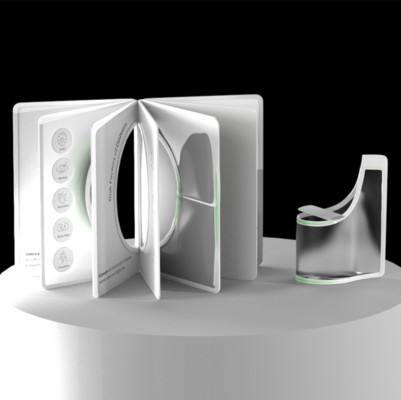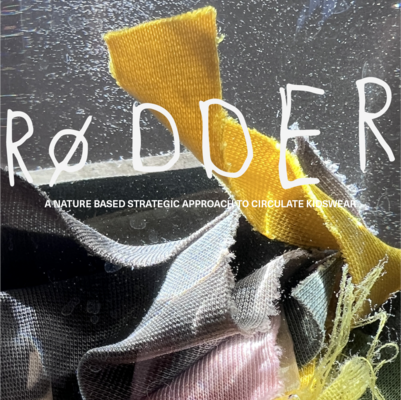The Weather Kettle is a fictional household appliance that boils water on wind and rain.
The device generates heat through a wind-powered impeller inside the rainwater filled vessel. The friction among water molecules converts mechanical energy into heat.
It is an intervention to our relationship with energy because what matters most for the survival of the living world is not only how we produce energy (green or dirty) but how much we consume.
We must transition towards a low-energy society. What would that look like?
Through the object, I propose one version of a future where our civilisation steers away from green-growth techno-optimism and thrives on actually renewable and intermittent energy. Efficiency and progress are replaced with the well-being of the living world, humans included.

Humanity's inability to address the ecological crisis stems from a crisis of imagination.
Prefabricated techno-centric visions suggest the status quo is maintained at any cost through technological fixes, be it space colonialism, fusion energy, carbon capture or renewables. And while they are just visions, they hold the power to actively shape reality.
Besides the belief in saviour technology, other justifications for the lack of meaningful action stem from doomsday visions and normalized apocalypse.
Existential warnings, well-meaning at the start, were picked up by pop-culture and morphed into a culture of doom so prevalent among the younger generation.
It is crucial to question the mainstream visions of the future, as these depictions actively influence reality. Presently, the futures building capacity predominantly resides in the hands of large corporations, billionaires, governments, and the entertainment industry.
However, it is essential to involve more individuals in collectively defining the images of the future as this essentially grants them collective ownership over the future.
If we want to initiate any real change, we must create and cultivate collective visions of a realistically good future.
This project provides a counterplay to the dominant narratives about the future and works as a starting point, maybe a provocation, to discuss what future do we want.



The project was developed in sparring with the Copenhagen Institute of Futures Studies.





